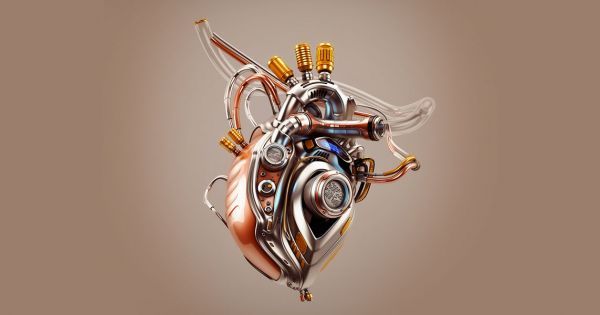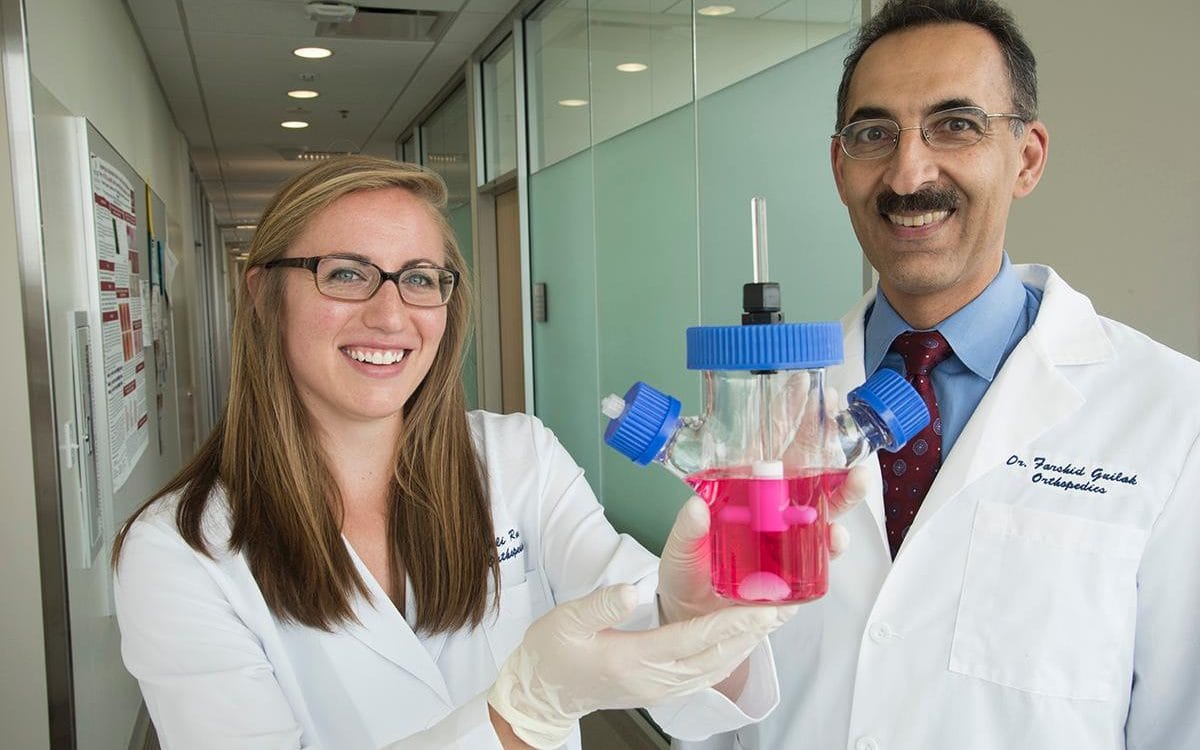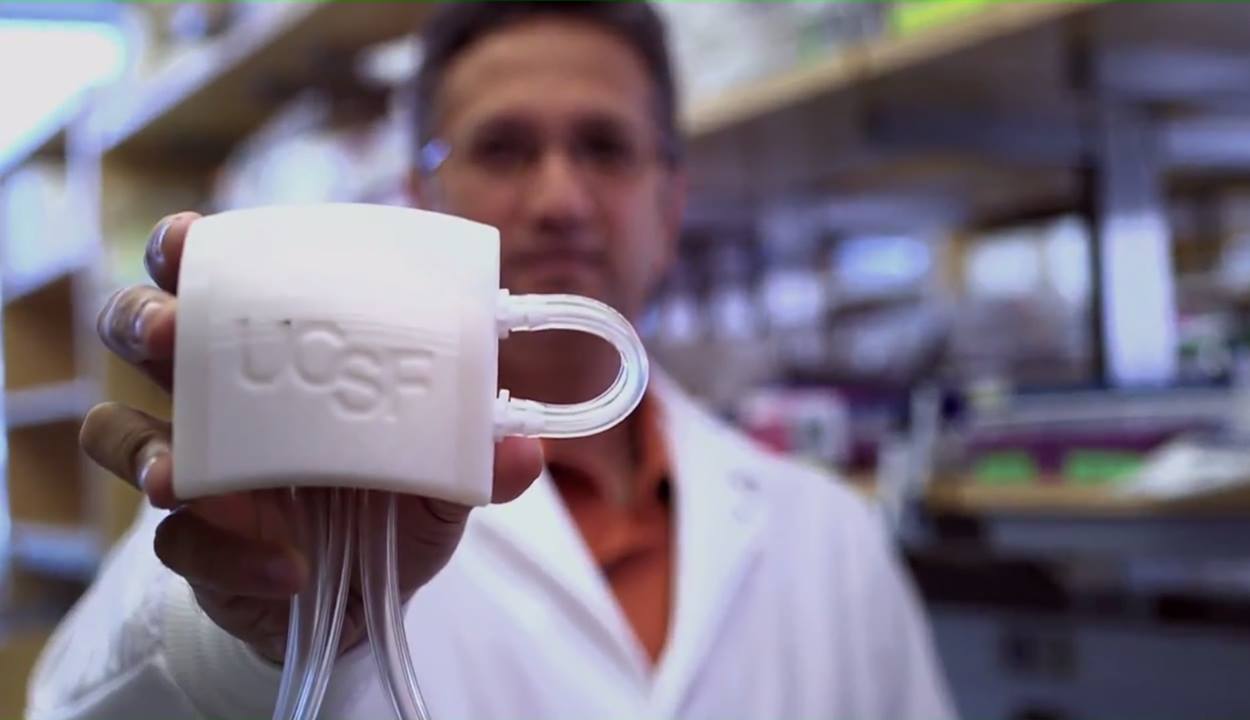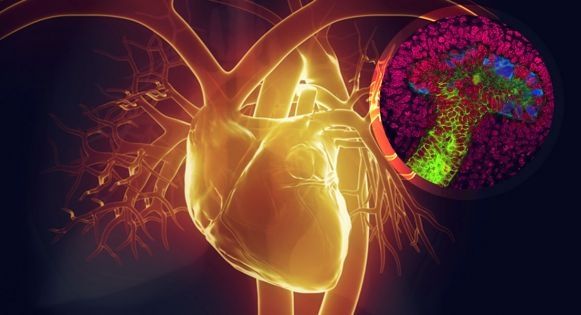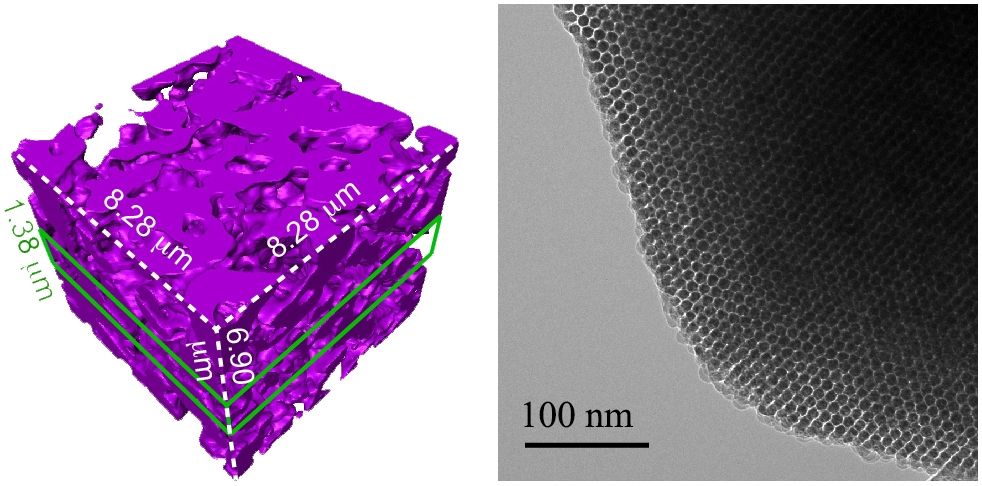Jul 19, 2016
Law enforcement and the Dark Web, a never ending battle
Posted by Karen Hurst in categories: biotech/medical, internet, law enforcement, security
Dark Net v. Law Enforcement — who is winning and who is struggling.
The Dark web is a privileged place for cyber criminals that, under specific conditions, could operate in anonymity.
The United Nation’s Office on Drugs and Crime (UNODC) has published its annual report that contains a specific mention to the illicit trade of goods and drugs in this hidden part of the web.
Continue reading “Law enforcement and the Dark Web, a never ending battle” »


